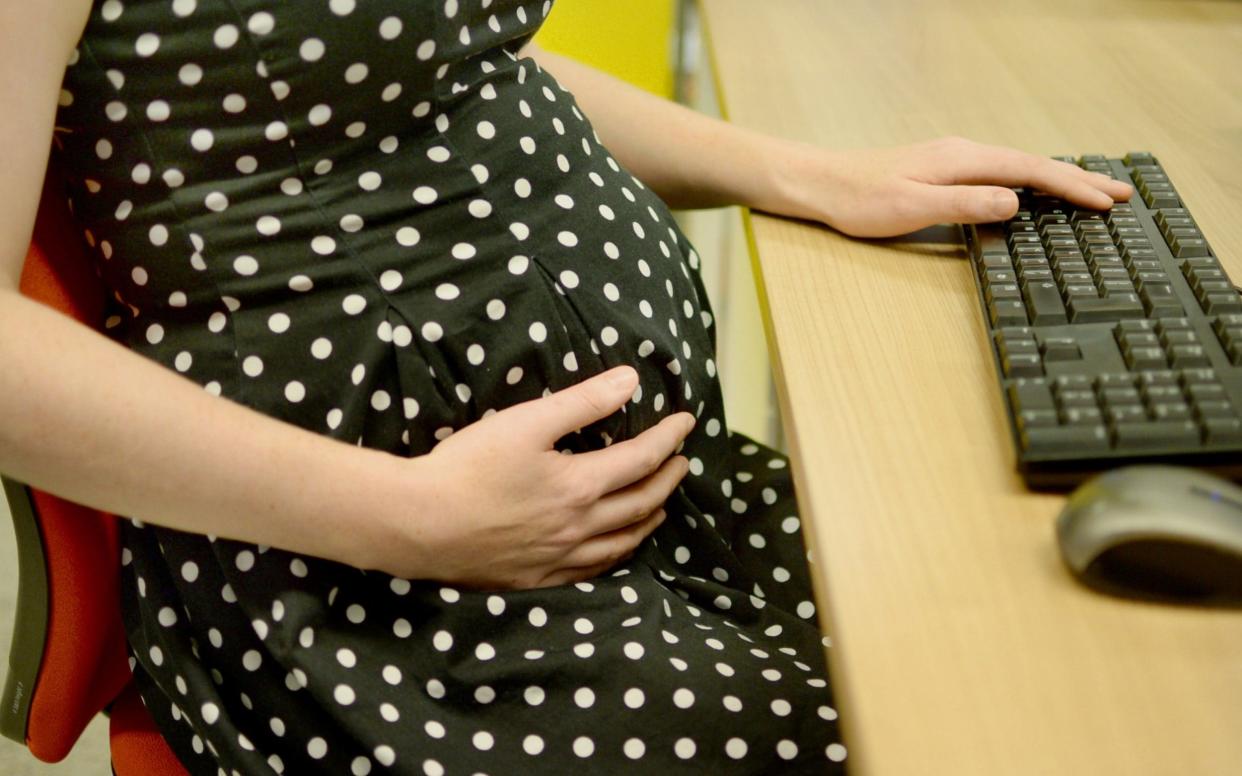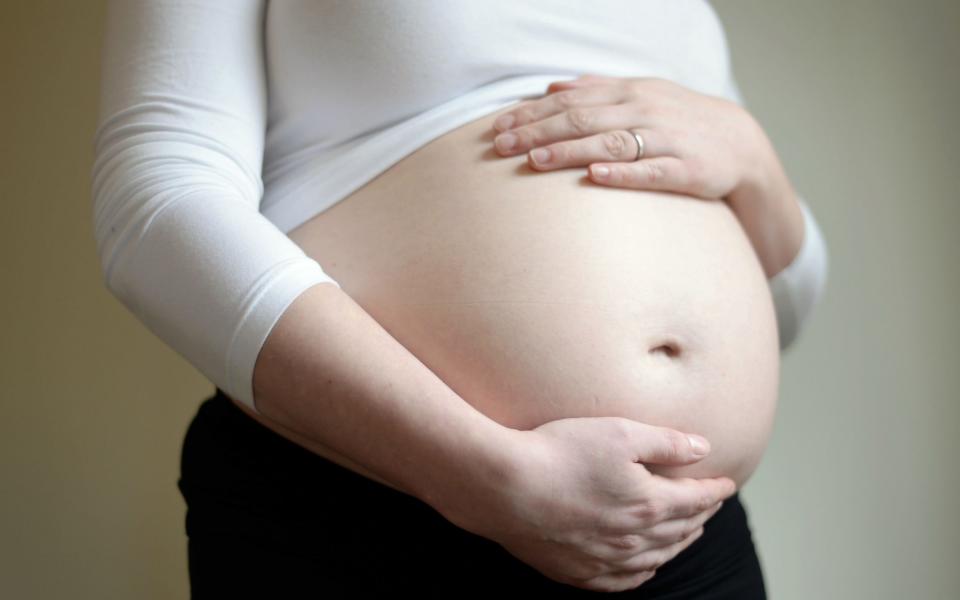How new mums screwed over by callous employers may finally access justice

The Supreme Court ruled yesterday that tribunal fees are unlawful and discriminatory. This has been a long time coming. Since 2013, anyone wishing to access the justice system has had to pay hard cash; and not just a little bit of cash: in sex discrimination cases a whopping £1,200 was required before you had even considered representation. Over the last four years, justice had become the privilege of the elite. For many others, it was out of reach.
Take the case of Kate. As a new teacher she was regularly monitored, and was regularly judged as good or outstanding. Within two weeks of informing the principal of her pregnancy, and after she had passed her first year of teaching with flying colours, she was judged as requiring improvement and put on an ‘improvement programme’. Targets included ‘get better at teaching maths’, with no way for her to know how to do this, no support, no training, and no measurable goal for which she could aim. If she didn’t show the required improvement (despite not knowing what was required), she would have been put on capability measures, which was, within a toxic culture in that particular school, a surefire sacking.

Within a couple of months she was on the brink of a breakdown. Her doctor prescribed antidepressants, saying the risks of not taking them were higher than the risks associated with taking them in pregnancy. She had a problem with her pelvis during the pregnancy and was teaching on crutches. She was in agony, dragging herself to evening courses that she had sourced herself out of fear of losing her job. Her baby was born with talipes, which severely affects her and may do so throughout her life.
Interestingly, there is now some research suggesting a link between the antidepressants and talipes. Following the birth of her child, she was made redundant. Angry and hurt, Kate sought legal advice and was told she had a strong case, but when she discovered she would have to pay £1,200 just to raise the claim she quickly abandoned the idea. She didn’t have that sort of money, and with a sick child she simply couldn’t risk getting herself into debt. She abandoned all hope of receiving the justice she deserved.

The statistics demonstrating that access to justice has become a serious issue have been hollered from the rooftop by organisations like the one I run, Pregnant Then Screwed, which supports the victims of pregnancy and maternity discrimination, as well as Unison and the Equality and Human Rights Commission. When a Government commissioned report shows that the number of women who are pushed out of their job for daring to procreate has almost doubled in 10 years, yet the number of women raising tribunal claims has reduced by a third, you know there is a serious problem. Less than 1% of those who encounter pregnancy or maternity discrimination raise a tribunal claim and yet 77% of working mums say they have been the victim of negative or discriminatory treatment.
Employers have been empowered by the systematic dismantling of workers’ rights. Those who supported tribunal fees believed it protected companies from vexatious claims. The same people believe pregnancy and maternity discrimination is a myth. Tell that to the woman I spoke to last week who was forced to do a shot of vodka every morning to prove she wasn’t pregnant, or the woman who had severe morning sickness and was made to vomit in the bin next to her boss’s desk to prove she wasn’t skiving.

We hear case after case after case of women who are screwed over by an employer in the most callous fashion, leaving their career and confidence in tatters at such an important stage in their life. This discrimination not only affects their ability to succeed professionally, but it affects their relationship with their new family. Challenging that behaviour is difficult enough at such a vulnerable point in a woman’s life; making them pay adds insult to injury. Single mums and young mums are far more likely to encounter pregnancy or maternity discrimination. In fact, young mums are six times more likely to lose their job if they get pregnant and a quarter of young mums have used food banks. In what world can these women afford £1,200 to challenge discriminatory treatment?
Tribunal fees disproportionately affect women. Firstly because women tend to earn less money and in pregnancy and maternity discrimination cases, they are either saving for one of the most expensive periods of their life or they are on maternity leave earning £140 a week. We have received hundreds of stories over the last two years that show why tribunal fees were so problematic.
It’s too late for Kate and thousands of other women who have encountered discrimination. Thankfully, the Supreme Court has forced the hand of the Government to ensure people like Kate are a step closer to accessing justice. Finally there is some light at the end of a very dark tunnel for the women we work with.


